-
Rubio, Lavrov meet in Malaysia as European leaders gather for Ukraine Recovery Conference in Italy
U.S. Secretary of State Marco Rubio and Russian Foreign Minister Sergey Lavrov met in Kuala Lumpur, Malaysia, during the ASEAN Summit.
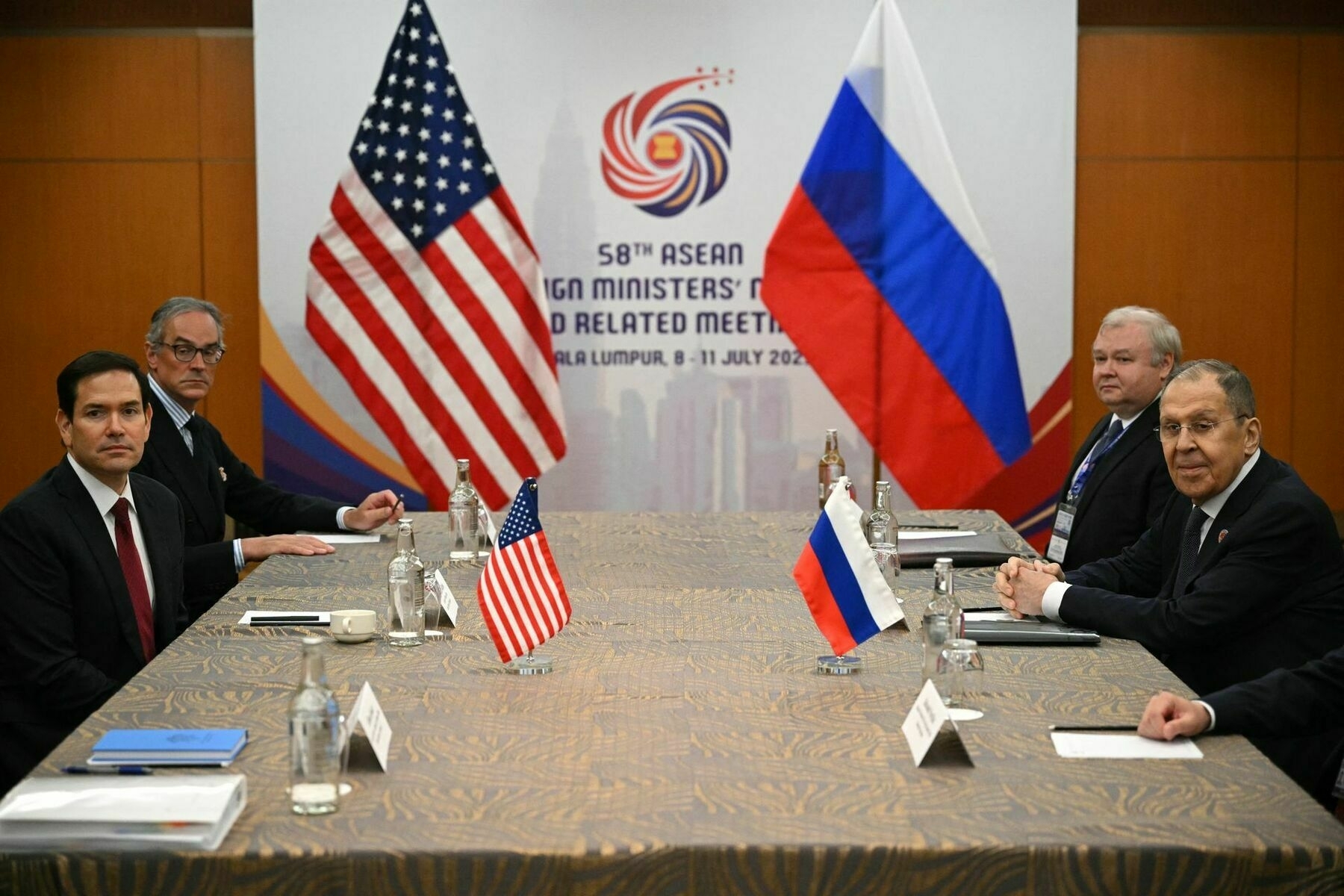
-
As leaders attend Ukraine Recovery Conference, rebuilding is distant dream for Ukrainians who need it most
From her window, Elena Demchenko can see the school where she taught for 17 years. Nearly three years have passed since Izium was liberated from Russian occupation, yet the building still lies in ruins.
"People still live with damaged roofs, windows, and doors — there are so many old
-
EU aims to mobilize up to $12 billion for Ukraine's recovery under new agreements
“With 2.3 billion euros in agreements signed, we aim to unlock up to 10 billion euros in investments to rebuild homes, reopen hospitals, revive businesses, and secure energy,” Ursula von der Leyen said.
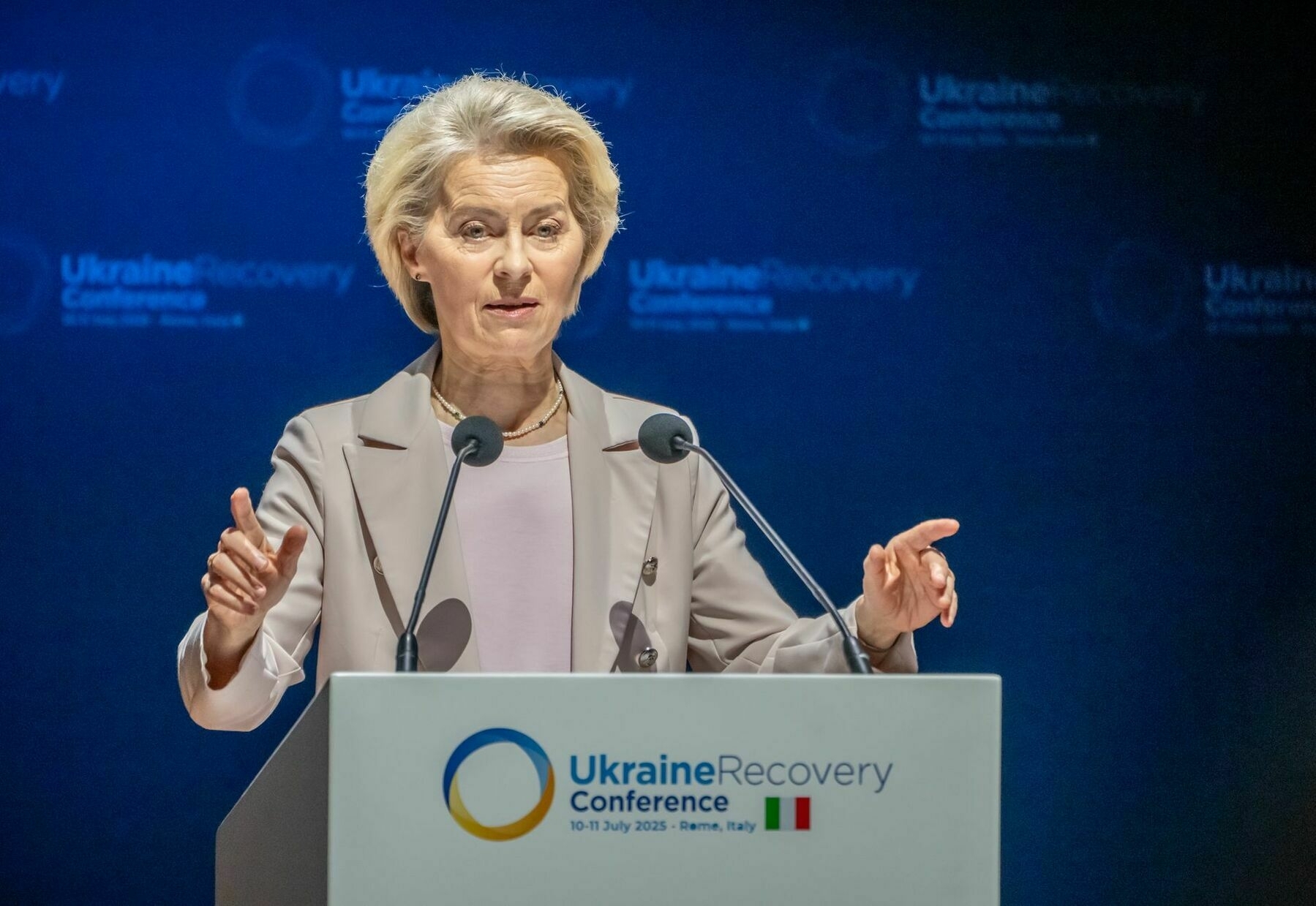
-
Trump administration immigration policies leave Ukrainian refugees in limbo
As Trump cracks down on illegal immigration, Ukrainian refugees in the U.S. are left in a difficult spot.
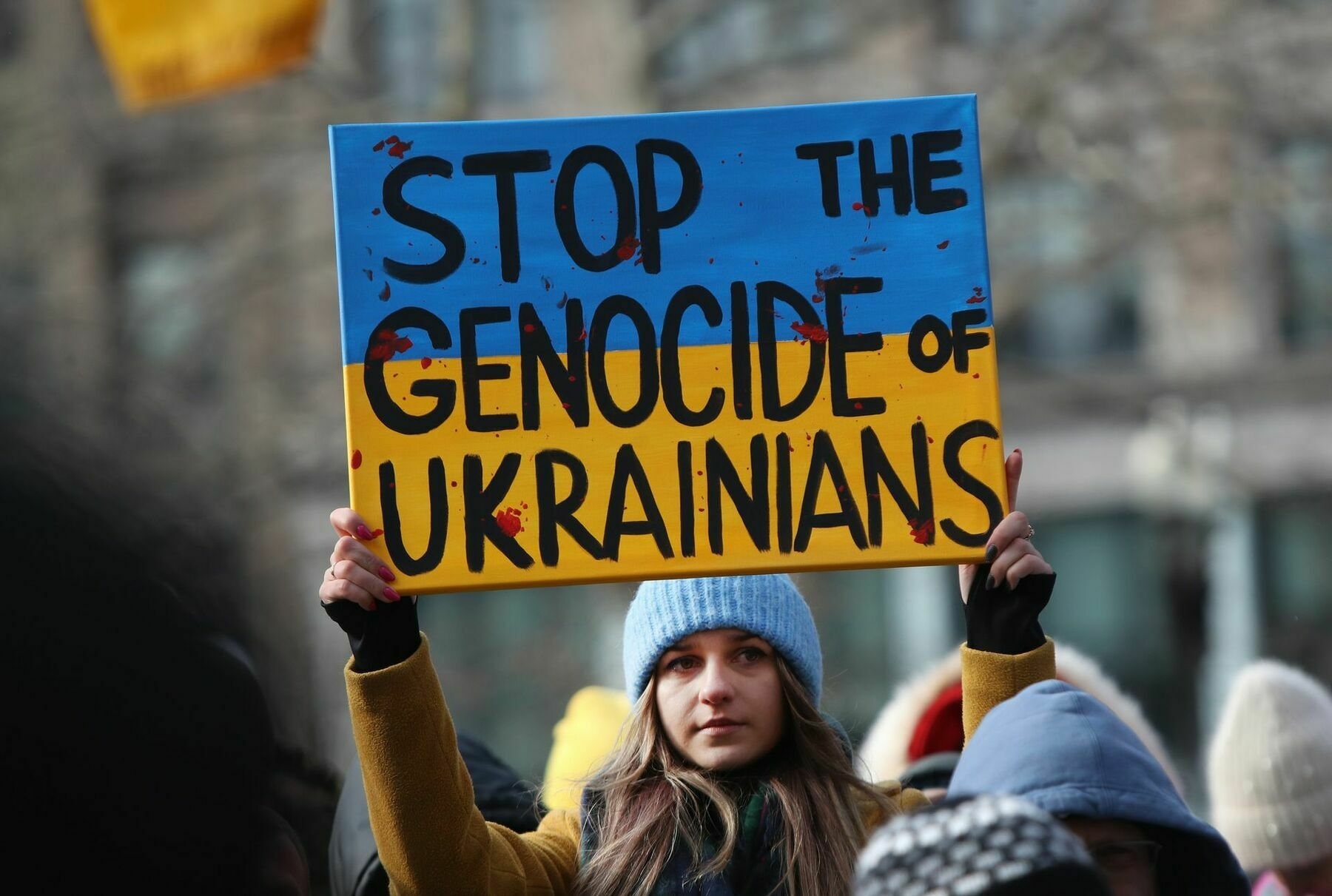
-
Zelensky arrives at Ukraine Recovery Conference in Rome
This conference marks the fourth major international event focused on mobilizing political and private-sector support for Ukraine’s reconstruction.
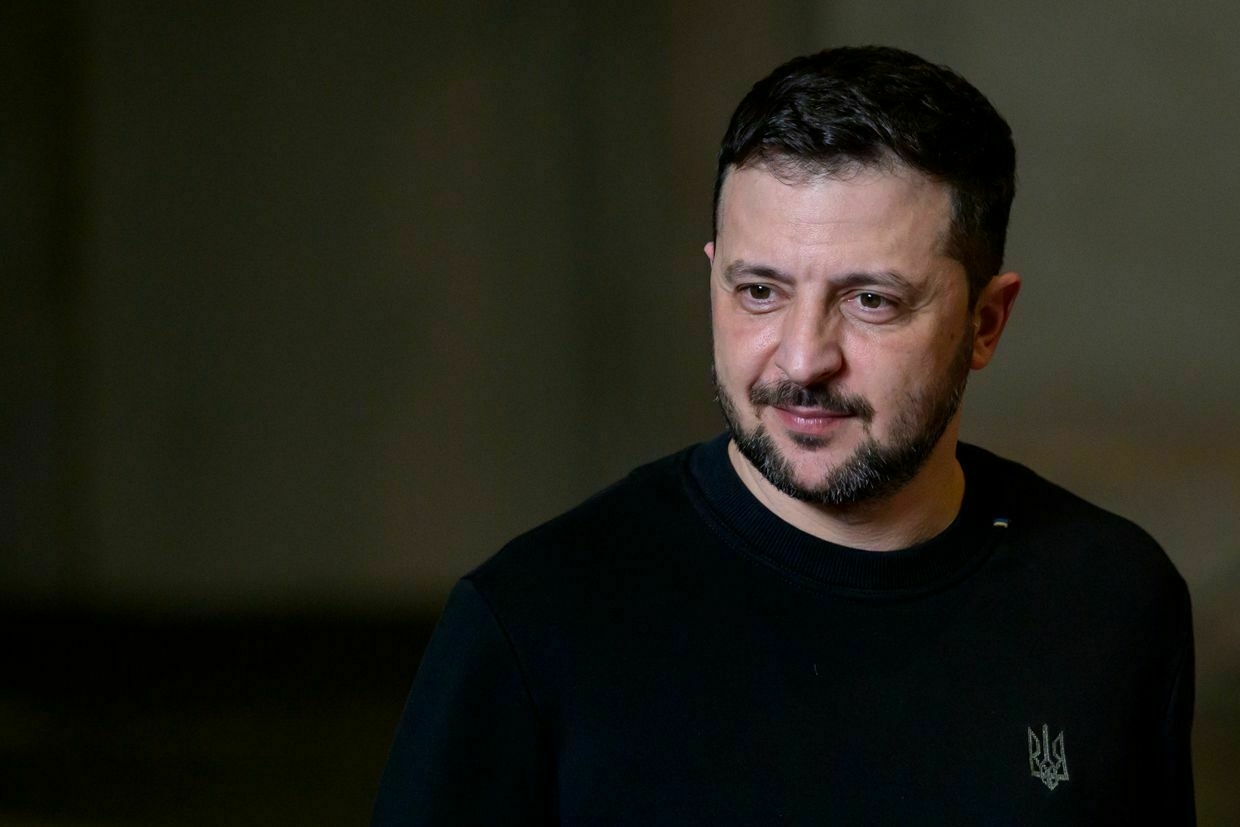
-
SBU officer shot dead in Kyiv, investigation underway
A Security Service of Ukraine (SBU) officer was murdered on July 10 in the Holosiivskyi district of Kyiv, the SBU’s press service told the Kyiv Independent after a reported shooting in the district.
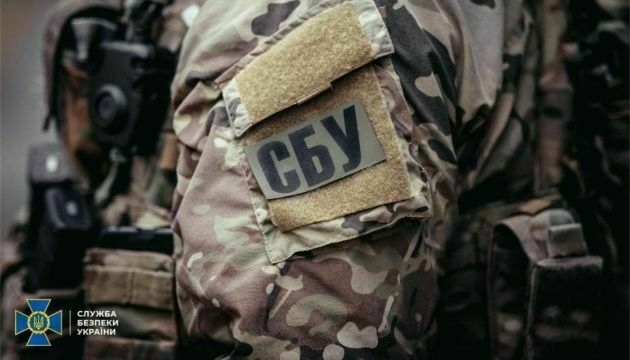
-
EU suspends Ukrainian language interpreter for suspected espionage on Zelensky for Russia, Le Monde reports
The European Commission’s interpreter was present during a closed-door meeting between European Union leaders and Volodymyr Zelensky on Dec. 19, 2024.
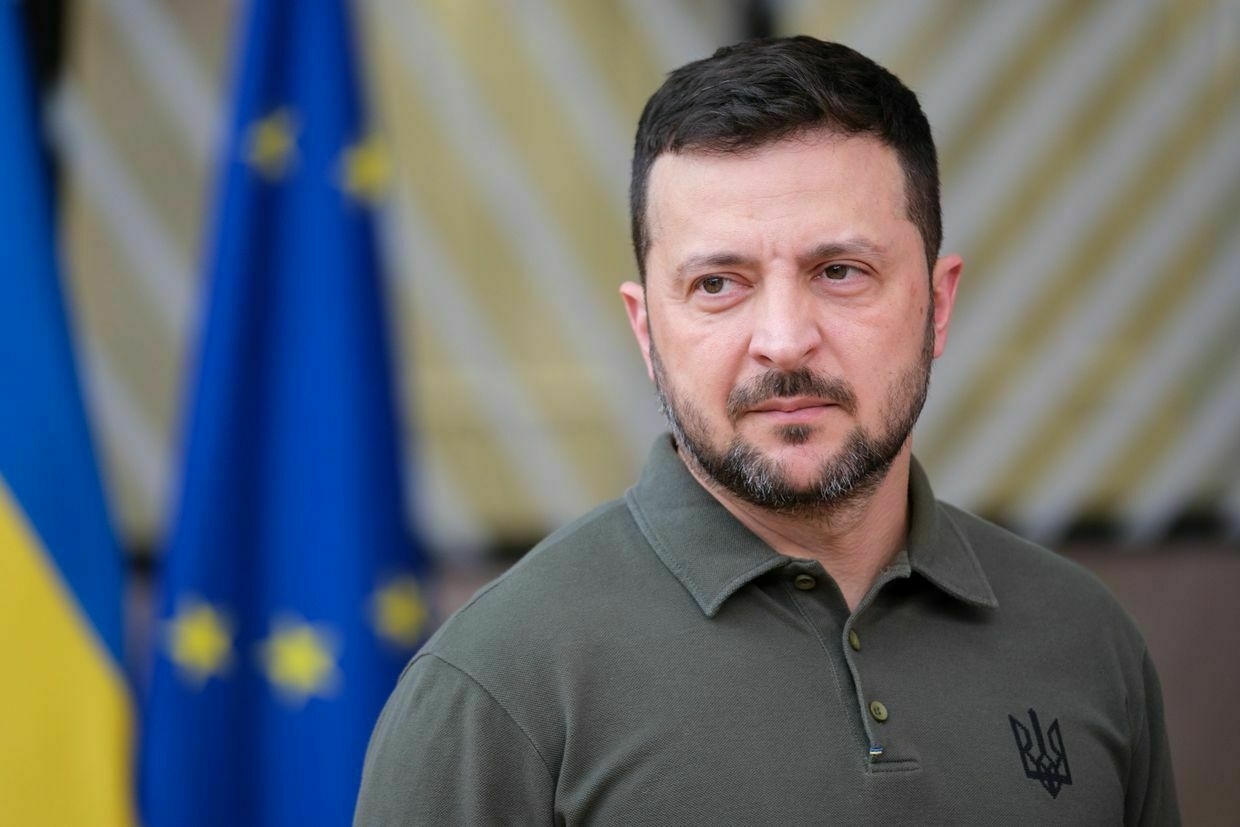
-
Pro-Ukraine partisans sabotage railways in Russia's Volgograd, occupied Crimea, group claims
The Atesh movement regularly commits sabotage attacks on Russian territory and in Russian-occupied areas of Ukraine.
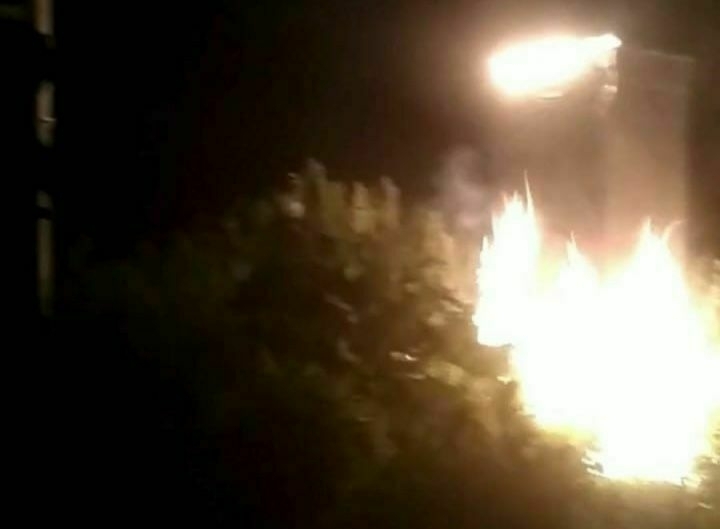
-
12 killed, 52 injured in Russian attacks against Ukraine over past day
Moscow’s forces launched yet another mass aerial attack, deploying 18 ballistic and other missiles and about 400 drones, including 200 Shahed-type kamikaze models, President Volodymyr Zelensky said.
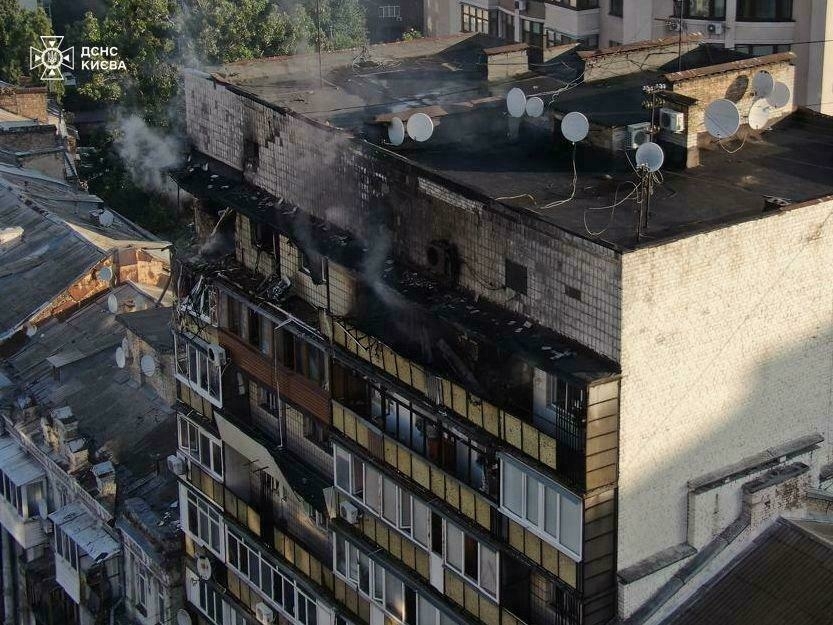
-
Ukraine needs new Marshall Plan, Trump's envoy Kellogg says ahead of Recovery Conference
International partners must help Ukraine rebuild by introducing their own Marshall Plan, U.S. Special Envoy for Ukraine Keith Kellogg said.
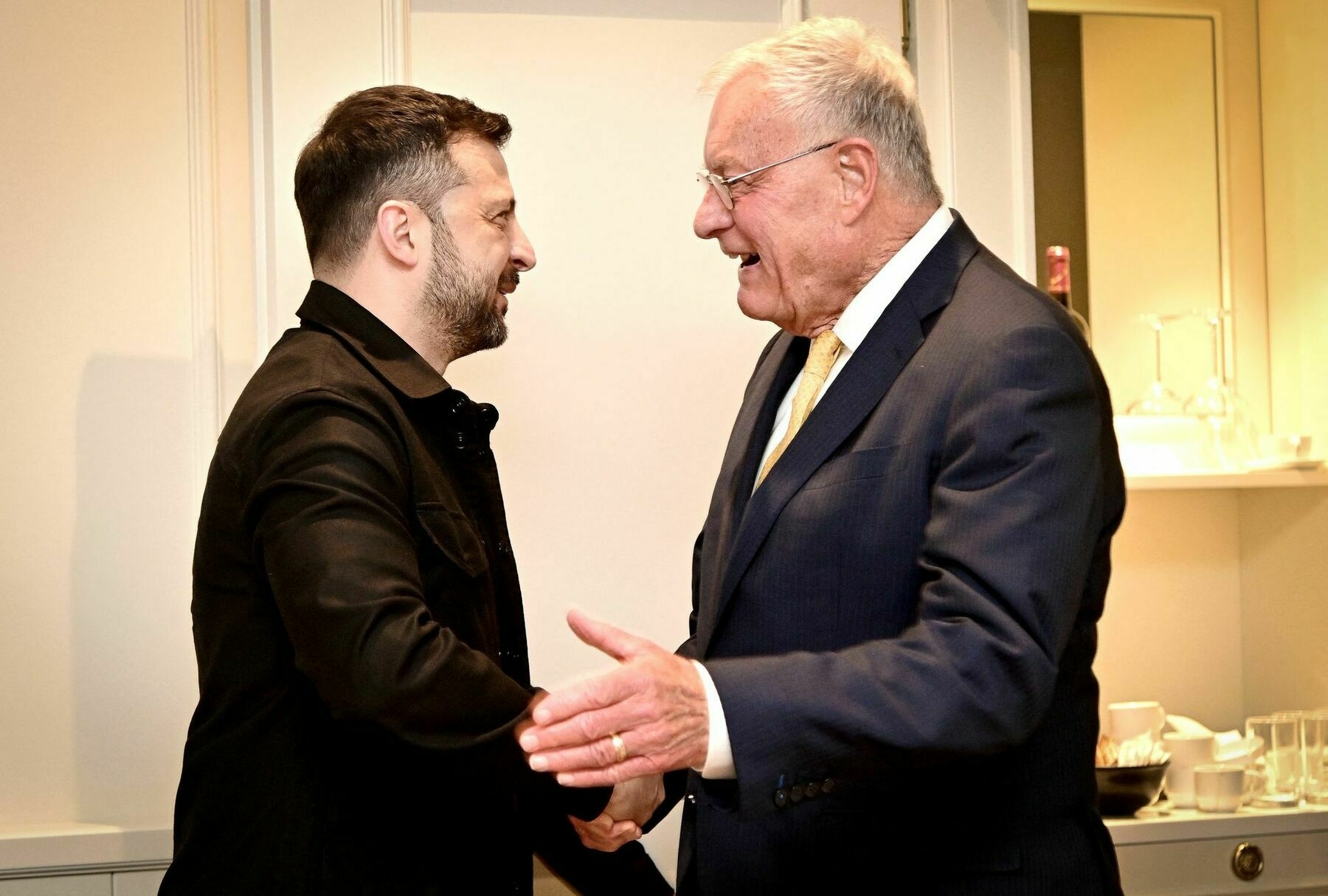
-
MASSIVE attack on Kyiv: consequences of the strikes on the Ukrainian capital #shorts
-
US reportedly resumes some arms deliveries to Ukraine after pause
The full content of the resumed shipments is not immediately clear, though officials told the U.S. media they include 155 mm artillery rounds and GMLRS guided rocket munitions.
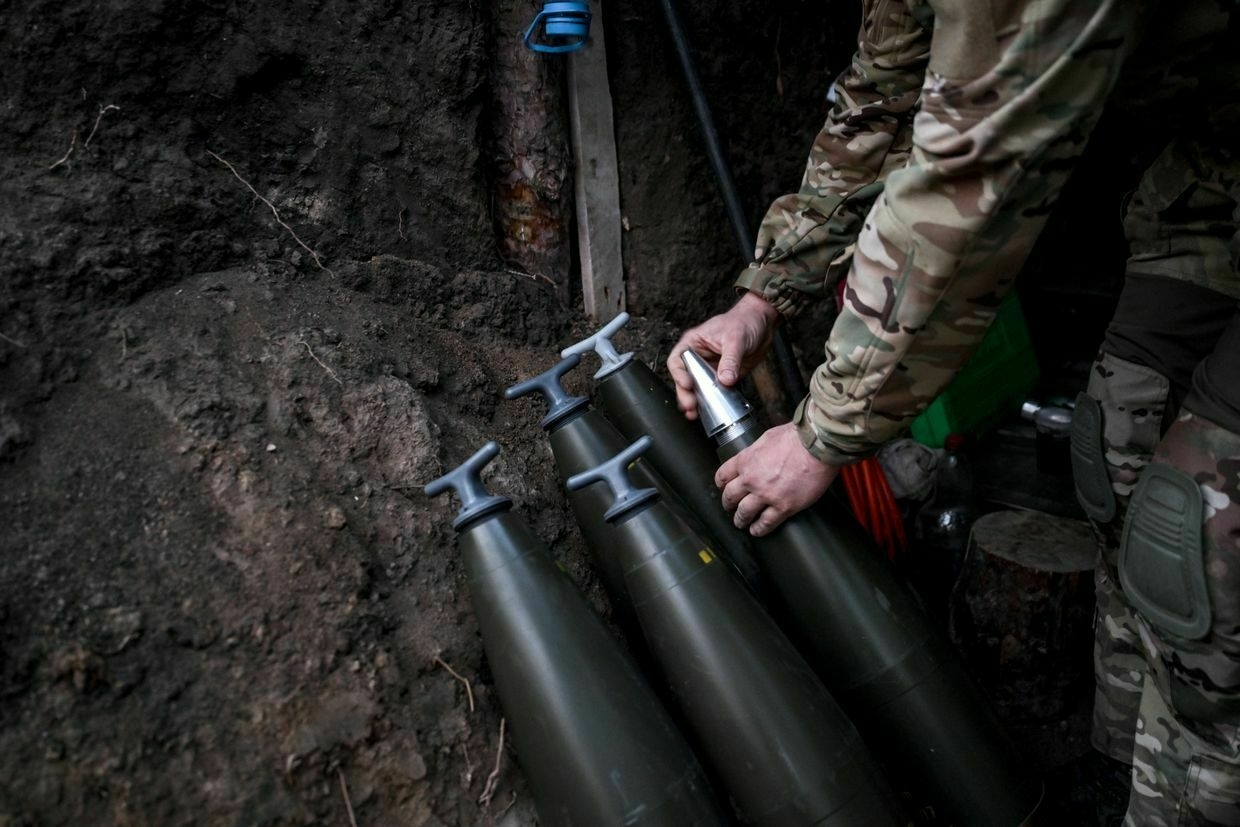
-
General Staff: Russia has lost 1,030,580 troops in Ukraine since Feb. 24, 2022
The number includes 920 casualties that Russian forces suffered just over the past day.
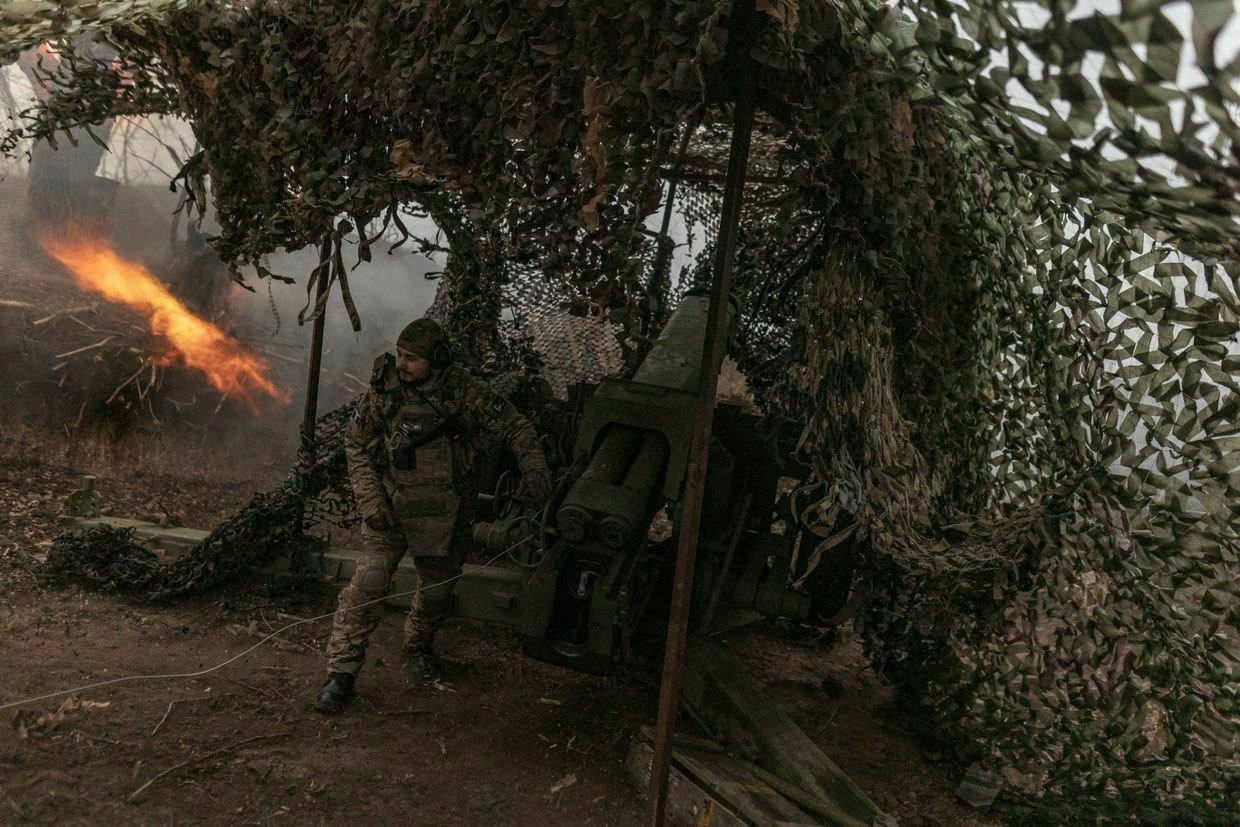
-
Ukraine's Unmanned Systems Forces behind every 3rd Russian target hit in June, commander in chief says
The Unmanned Systems Forces (USF) were responsible for every third Russian target hit in June, Commander in Chief Oleksandr Syrskyi said.
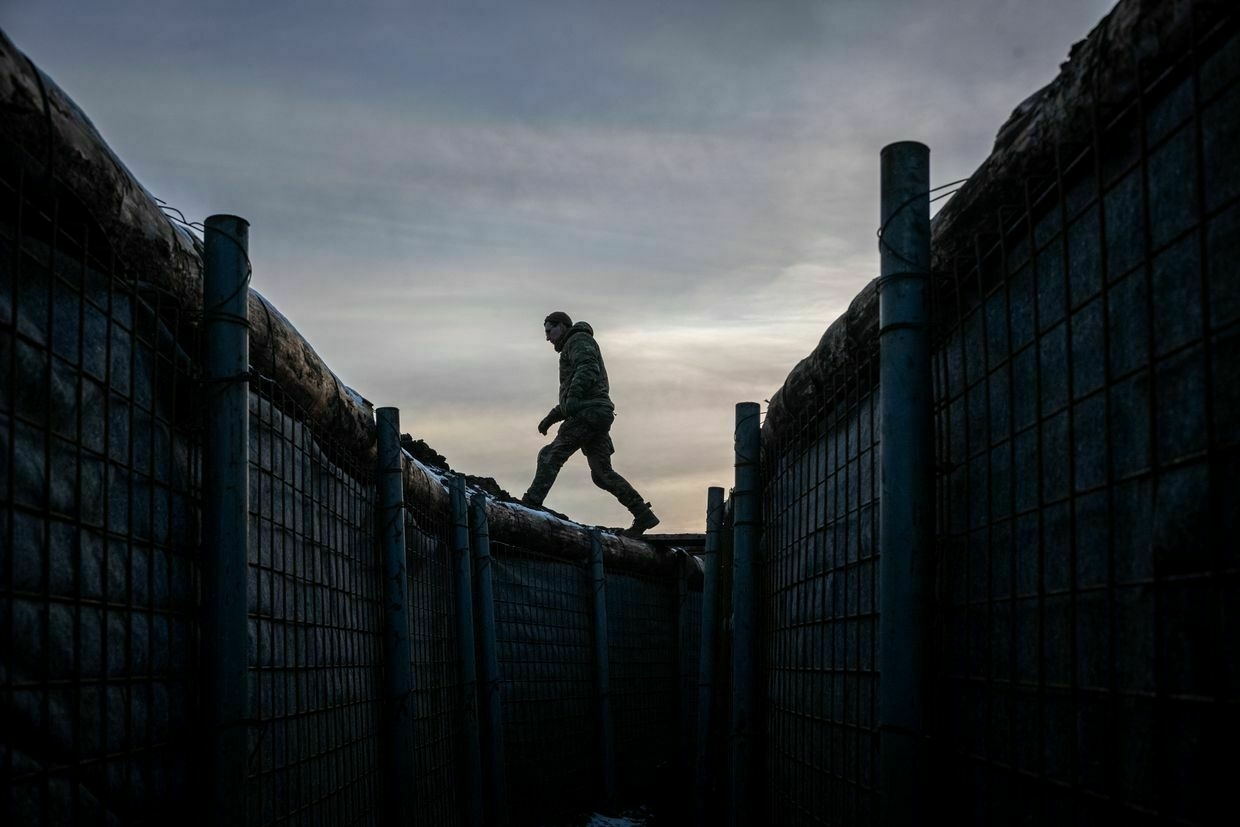
-
Russia targets Kyiv, western Ukraine with mass attack second night in a row
Fires blazed at residential buildings in Kyiv during a mass drone attack on July 10. The assault comes a day after Russia launched its largest-ever drone and missile strike against Ukraine since the start of the full-scale war.
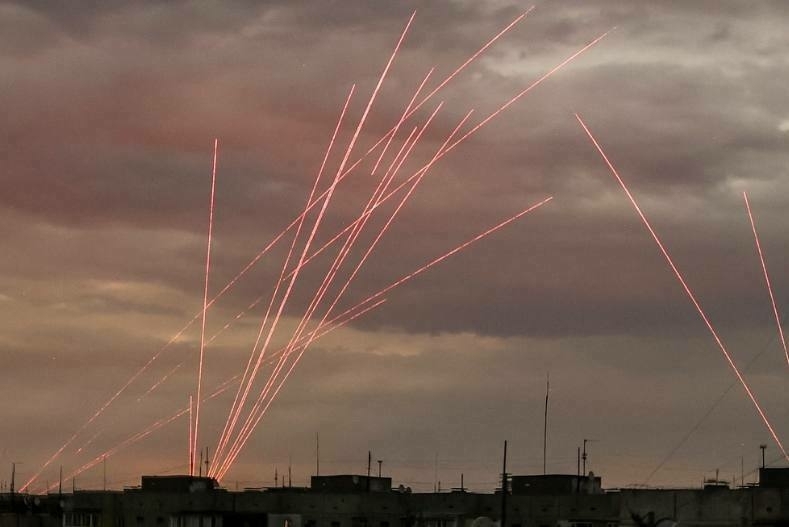
-
Russia plans to establish domestic lithium-ion battery production after capturing one of the largest Ukrainian lithium deposits
Russian state corporation Rosatom has announced its intention to fully localize the production of lithium-ion batteries within Russia by the year 2030. This ambitious announcement followed Russia's capture of the Shevchenko settlement in Ukraine's Donetsk region, home to one of Ukraine's largest lithium deposits. Despite the ongoing conflict, Russia continues to import lithium from Chile.
Rosatom aims to achieve complete localization through two "gigafactories" situated in Russia: one in Kaliningrad Oblast (Neman) and the other within Moscow's boundaries (Krasnaya Pakhra in the Troitsky Administrative Okrug). This information was shared by Anastasia Mikhailova, CEO of Renera, a battery producer under Rosatom, during the "Innoprom-2025" forum.
This announcement comes merely weeks after international media, including Le Figaro, reported that Russian forces had established control over Shevchenko village and its nearby lithium deposit. The Shevchenko lithium site, discovered in the 1980s, is considered one of the most promising for development in Ukraine. According to Ukraine's State Geological and Subsoil Service, the local rocks contain lithium oxide at a concentration of 1.24%. For comparison, major deposits in Australia, where lithium is also extracted from minerals, have concentrations ranging from 1% to 3%.
Ukraine's lithium wealth includes four major deposits, two of which remain under Kyiv's control in the country's west. However, Shevchenko and Krutaya Balka, near the Sea of Azov, are now under Russian control.
Interestingly, Russian authorities in the self-proclaimed Donetsk People’s Republic reported gaining control over the Shevchenko lithium deposit as early as January this year. Despite this assertion, clashes persisted around the area throughout January, February, and into the spring of 2025.
Russia does not domestically mine lithium. Prior to the conflict, Chile and Argentina were primary suppliers of lithium carbonate to Russia. After Russia's full-scale invasion of Ukraine, the Russian Ministry of Industry and Trade announced that it would no longer receive lithium from these countries, despite them not imposing sanctions on Russia. Indeed, customs data for 2022-2023 show the absence of such imports.
Nonetheless, imports from Chile persisted, indirectly, with documentation originally labeling some Chilean lithium as exports from Belgium. In 2022-2023, Belgium emerged as the leading lithium supplier to Russia, despite not being a producer itself.
Two Belgian companies - SQM Europe N.V. and Umicore - handled shipments of lithium carbonate, later refined into pure metal or compounds. SQM Europe N.V. is linked to Chile's largest lithium producer, Sociedad Química y Minera (SQM). Umicore is a major Belgian chemical and metallurgical company. The Insider reached out to both firms for comment but has not yet received a response.
Customs data identifies Chilean companies Albemarle Limitada and SQM, alongside America's FMC Lithium, as the leading producers of lithium, holding a near-monopoly in its extraction and production market. SQM has stated that it adheres to "all international trade embargoes and sanctions" in response to inquiries from The Insider.
-
Amid Ukraine weapons debacle, Trump claims he 'would know' about any decision to halt shipments
CNN reported earlier that U.S. Defense Secretary Pete Hegseth ordered the pause without informing the White House, and Trump has repeatedly distanced himself from the decision in public comments.
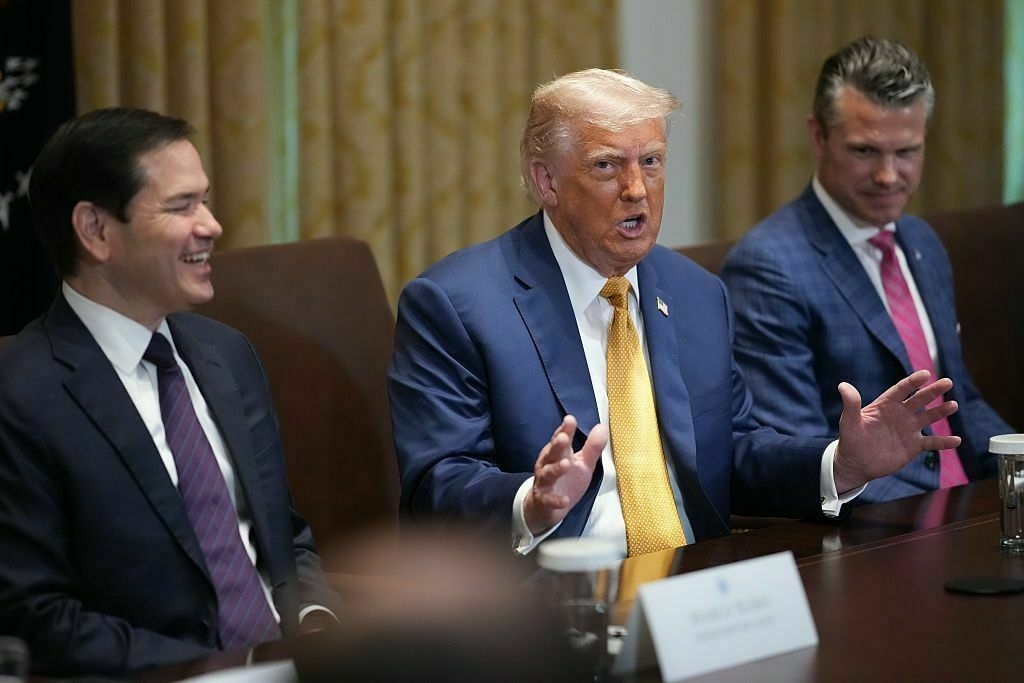
-
Russian attack in Donetsk Oblast leaves 3 dead, administrative building 'destroyed'
Rescuers retrieved the bodies of two victims from under the rubble, Ukraine’s State Emergency Service said. A third man was killed by a drone and another civilian injured in the front-line city of Kostiantynivka.
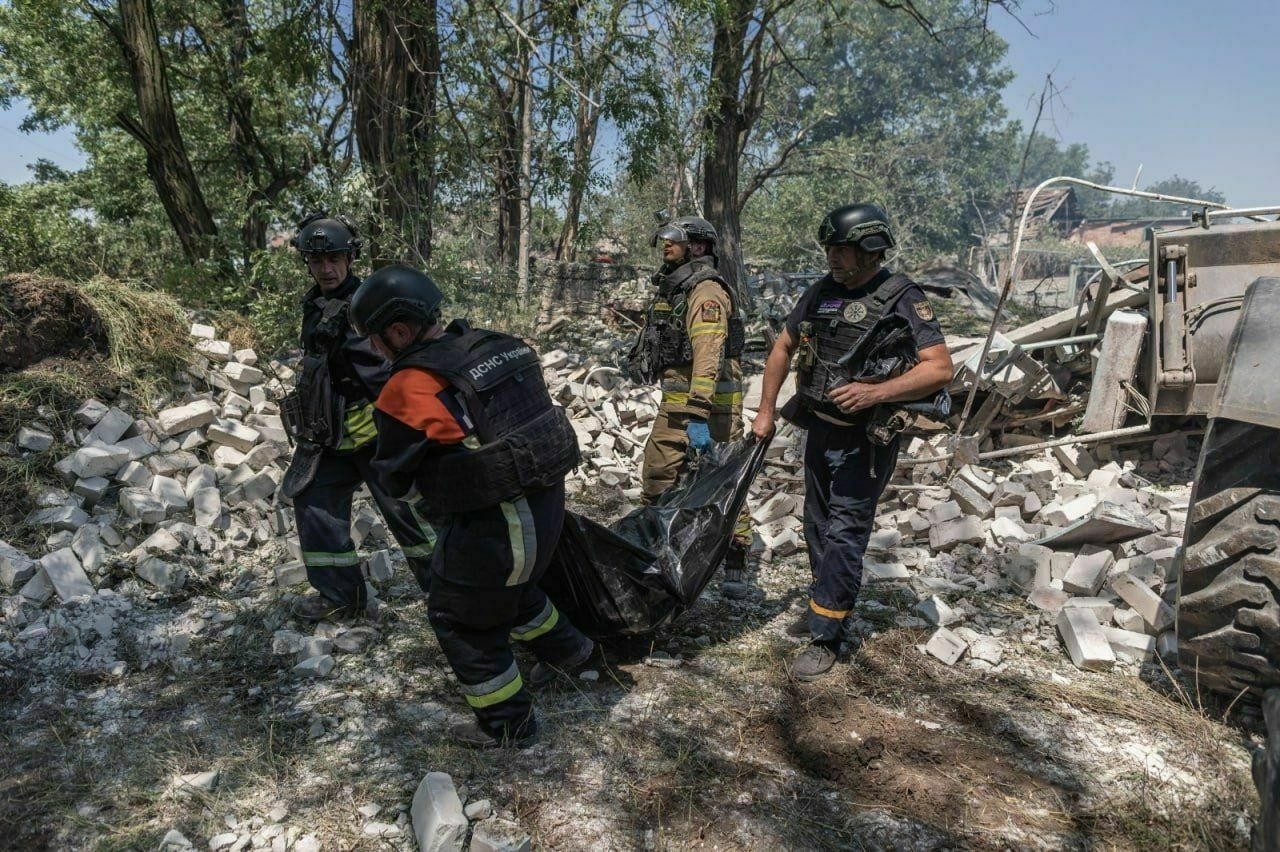
-
Two more units join the 17th Army Corps
New information has emerged regarding the 17th Army Corps of the Ukrainian Ground Forces. According to posts published on the unit’s official Facebook page, two additional brigades have been assigned…
-
Ukrainian military: Russia lacks resources to encircle Pokrovsk-Myrnohrad agglomeration
As of now, Russian troops may not possess the necessary strength and resources to bypass the Pokrovsk-Myrnohrad agglomeration from the east, said Viktor Tregubov, spokesperson for the "Khortytsia" operational-strategic troop grouping, in a comment to Novosti Donbassa".
However, according to him, the Russian forces do indeed have such plans. A significant concentration of forces is present—more than 100,000 personnel are currently operating in the Pokrovsk direction. The Russians are attacking heavily there, more than in any other area under our responsibility. They are now banking on claiming as much territory as possible where the space is relatively open. Where to proceed next—whether to focus on Kostiantynivka or the Pokrovsk-Myrnohrad agglomeration and attempts to encircle it from the eastern or northern sides—remains to be decided, Tregubov stated.
Tregubov highlighted that in this sector, as in other parts of the front, the Russians are deploying small infantry units. In the Pokrovsk direction, heavy equipment is slightly more prevalent but still within statistical error margins. Aviation is also being utilized.
Between December 2024 and February 2025, the Russian army launched a large-scale offensive aiming to encircle Pokrovsk from the western. However, the attempt was unsuccessful, forcing the invaders to retreat from the city's western outskirts.
Later, Russian armed forces split their Pokrovsk grouping and began moving in two directions—westward toward the Dnipropetrovsk region and eastward across the Pokrovsk-Kostiantynivka highway.
In late June, it was reported that Russian troops are attempting to encircle the Pokrovsk-Myrnohrad agglomeration.